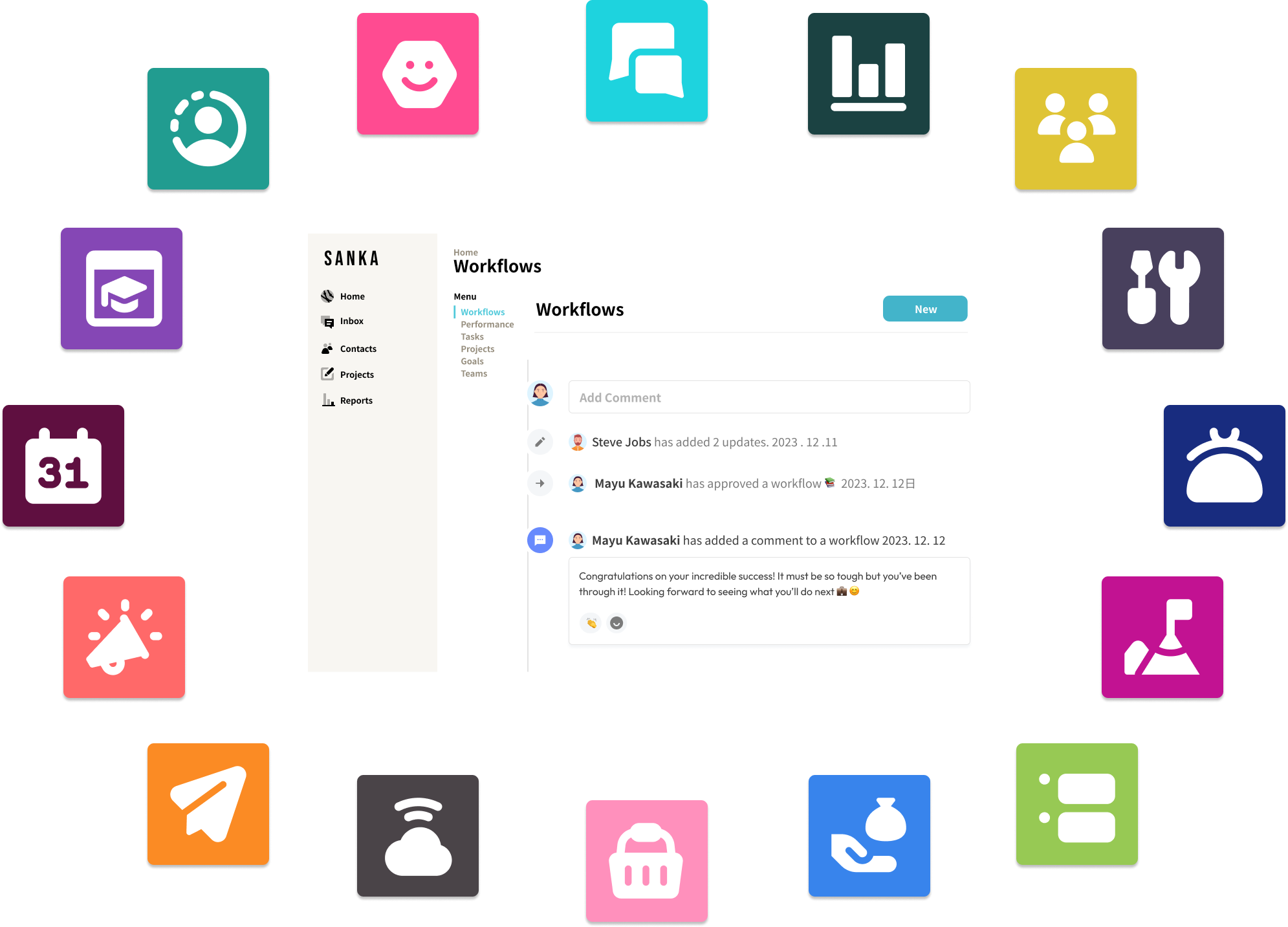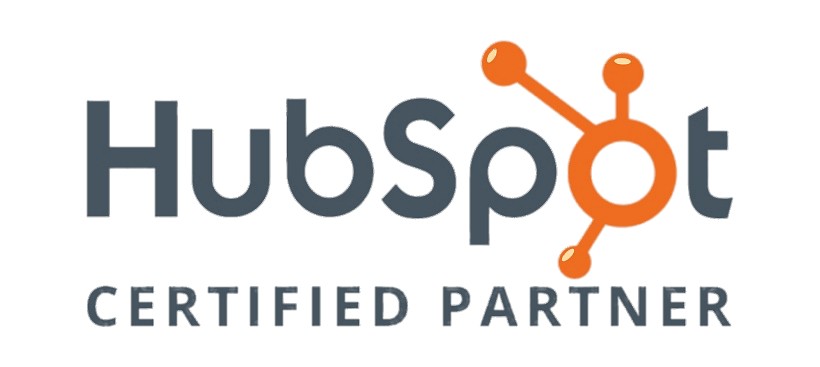Introduction
In the dynamic world of ecommerce, where adaptability is key, embracing a multi-channel strategy has become a game-changer for businesses looking to broaden their reach and maximize sales opportunities.
Multi-channel ecommerce tools serve as the catalysts for this expansion, providing a seamless way for businesses to connect with customers across various online platforms.
This blog post delves into the world of multi-channel e-commerce tools, their importance, and some popular platforms available today including Sanka, a leader in SaaS solutions which offers tailored support for ecommerce clients seeking to optimize their multi-channel approach without the hassle of complex integrations and offering a beginner-friendly guide for business owners stepping into this expanding ecosystem.
Understanding Multi-Channel Ecommerce
Multi-channel ecommerce involves selling products or services across multiple online platforms, such as marketplaces, social media, and standalone websites.
The objective is to meet customers where they are, providing a consistent and convenient shopping experience across various channels.
The primary goal of multi-channel ecommerce is to tap into diverse customer bases and maximize sales opportunities.
By diversifying the channels through which products are available, businesses can reach a broader audience and adapt to changing consumer preferences.
Key Benefits of Multi-Channel Ecommerce
- Increased Visibility: Utilizing multiple channels enhances a brand's visibility, allowing it to reach customers who prefer shopping on specific platforms. This increased exposure can lead to higher brand awareness and customer acquisition.
- Diversified Revenue Streams: Relying on a single sales channel can be risky. Multi-channel ecommerce allows businesses to diversify their revenue streams, reducing dependence on any single platform and mitigating the impact of market fluctuations.
- Enhanced Customer Experience: Providing a consistent and seamless experience across various channels contributes to enhanced customer satisfaction. Customers can choose the platform that suits their preferences, and businesses can maintain a cohesive brand image.
- Adaptability to Trends: Consumer behavior evolves, and trends emerge. Multi-channel ecommerce provides businesses with the flexibility to adapt to changing market dynamics and experiment with new channels as they gain popularity.
- Built Brand: Consistent presence across various channels allows businesses to reinforce their brand identity, helping them build trust and loyalty among customers.
Understanding Multi-Channel Ecommerce Tools
Multi-channel e-commerce tools are software solutions that drive efficient management of an online business across various selling platforms.
They offer integrated solutions for inventory management, order fulfillment, customer service, analytics, marketing, and more, helping businesses streamline their operations and stay consistent and competitive across different channels.
Here's a breakdown of the core functionality offered by these tools:
- Inventory Management: These tools sync your inventory across all selling platforms, ensuring real-time inventory updates which help manage stock levels, avoid overselling, and improve customer satisfaction.
- Order Management & Fulfillment: Multi-channel tools consolidate orders from multiple channels into one interface for efficient processing and tracking. They also integrate with various shipping carriers to automate label printing, shipping, and tracking.
- Product Information Management (PIM): These tools allow you to modify and update product information centrally, reflecting the changes across all selling channels. This ensures accurate and consistent product information, enhancing the customer shopping experience.
- Customer Service: The tools offer centralized customer service management, consolidating customer queries from all channels into one interface, speeding up response times, and improving customer satisfaction.
- Reporting & Analytics: Comprehensive data collection and analysis of sales, customer behavior, and marketing metrics across all channels provide actionable insights that can drive business growth.
How to Choose the Right Multi-Channel E-commerce Tool for Your Business
With the rising importance of multi-channel e-commerce, armed with a comprehensive understanding of what these tools offer, the big question arises: how do you choose the right multi-channel e-commerce tool for your business?
Here are some essential factors to consider:
Understand Your Needs
Before diving into the myriad of tools available, define what your business actually needs from a multi-channel e-commerce tool.
Are you aiming for better inventory control, cohesive product listing management, unified customer service handling, or improved analytics? The key features you require will guide you in selecting a suitable tool.
Integration Capabilities
The essence of a multi-channel tool lies in its ability to integrate seamlessly with the various sales channels you operate on.
Whether it’s a popular marketplace like Amazon and eBay, a social media platform like Facebook and Instagram, or your own e-commerce website, ensure the tool supports these integrations.
Also, consider its compatibility with your existing tech stack – be it your Customer Relationship Management (CRM) system or your email marketing software.
Usability
A complex system can end up consuming the time you intended to save. Go for a tool that has a clean, intuitive interface that your team can learn quickly.
Many providers offer a trial period; make good use of it to gauge the tool's user-friendliness and functionality.
Scalability
Consider not just where your business stands now but where it aims to be in the future.
As your business grows with more products, increased order volume, and expanded marketplaces, your chosen tool should be able to accommodate that growth.
Look for platforms that offer tiered pricing plans and extra features that can be unlocked as and when needed.
Built-in Analytics
A suitable tool must empower you with data-driven insights for informed decision-making.
It should provide comprehensive analytics - customer behavior, sales trends, marketing campaign results, and more.
Not merely raw data, but insights you can act upon, like inventory forecasting or customer segmentation.
Customer Support
A dedicated and responsive customer support team can make a world of difference.
There will inevitably be situations where you need technical assistance or have queries about specific features.
Look into user reviews about the customer service of the provider, the modes of communication on offer (email, live chat, phone), and if they provide ample resources for self-help (guides, tutorials, webinars etc.).
Pricing
Last but not least, consider the pricing structure of the platform. Ensure it aligns with your budget but remember to consider the value for money.
Cheaper might not always be better, and cost must be gauged against the features, benefits, and competitive edge that tool brings to your business.
Now that we understand what these tools offer and how to choose the best one let's look at some popular multi-channel e-commerce platforms:
Recommended Tools for Multi-Channel Ecommerce
1. Sanka
Tailored for multi-channel ecommerce, Sanka's platform offers advanced features such as centralized inventory management, order tracking, and seamless integration with popular sales channels.
It's an ideal choice for businesses seeking a comprehensive solution for their multi-channel strategy.
2. Shopify
A versatile and user-friendly platform, Shopify allows businesses to create and manage online stores seamlessly.
It offers integrations with various sales channels, making it easy for businesses to expand their reach.
3. BigCommerce
Known for its scalability, BigCommerce is an ideal solution for growing businesses.
It provides robust multi-channel capabilities, enabling businesses to sell on marketplaces like Amazon and eBay while managing their standalone store.
4. Sellbrite
Sellbrite is a popular choice for small and medium businesses. It offers seamless integrations with various marketplaces like Amazon, eBay, Etsy, and others, and e-commerce platforms like Shopify and WooCommerce.
Sellbrite shines in inventory and order management and is also praised for its user-friendly interface and excellent customer support.
5. ChannelAdvisor
ChannelAdvisor is a comprehensive e-commerce platform offering a wide range of functionalities, perfect for large-scale businesses.
It integrates with several online marketplaces, digital marketing channels, and shipping carriers.
ChannelAdvisor excels in automating various aspects of the e-commerce process, from optimized listings to algorithmic repricing and predictive analytics.
Conclusion
Whether you're just starting as an online retailer or looking to scale your operations, multi-channel e-commerce tools can make your journey more efficient and rewarding.
Remember, multi-channel selling offers the best results when your presence across platforms is consistent and synchronized, your inventory management is accurate, and you continue delivering top-notch customer experiences.
Platforms like Shopify, BigCommerce, and Sanka offer powerful tools to simplify the complexities of managing multiple channels.
For SaaS companies like Sanka, specializing in ecommerce support, providing tailored multi-channel solutions becomes a crucial component of assisting clients in maximizing their sales potential.
As businesses continue to adapt to the changing dynamics of online commerce, embracing multi-channel ecommerce is not just a choice; it's a pathway to unlocking new opportunities and sustaining growth in the competitive digital marketplace.








